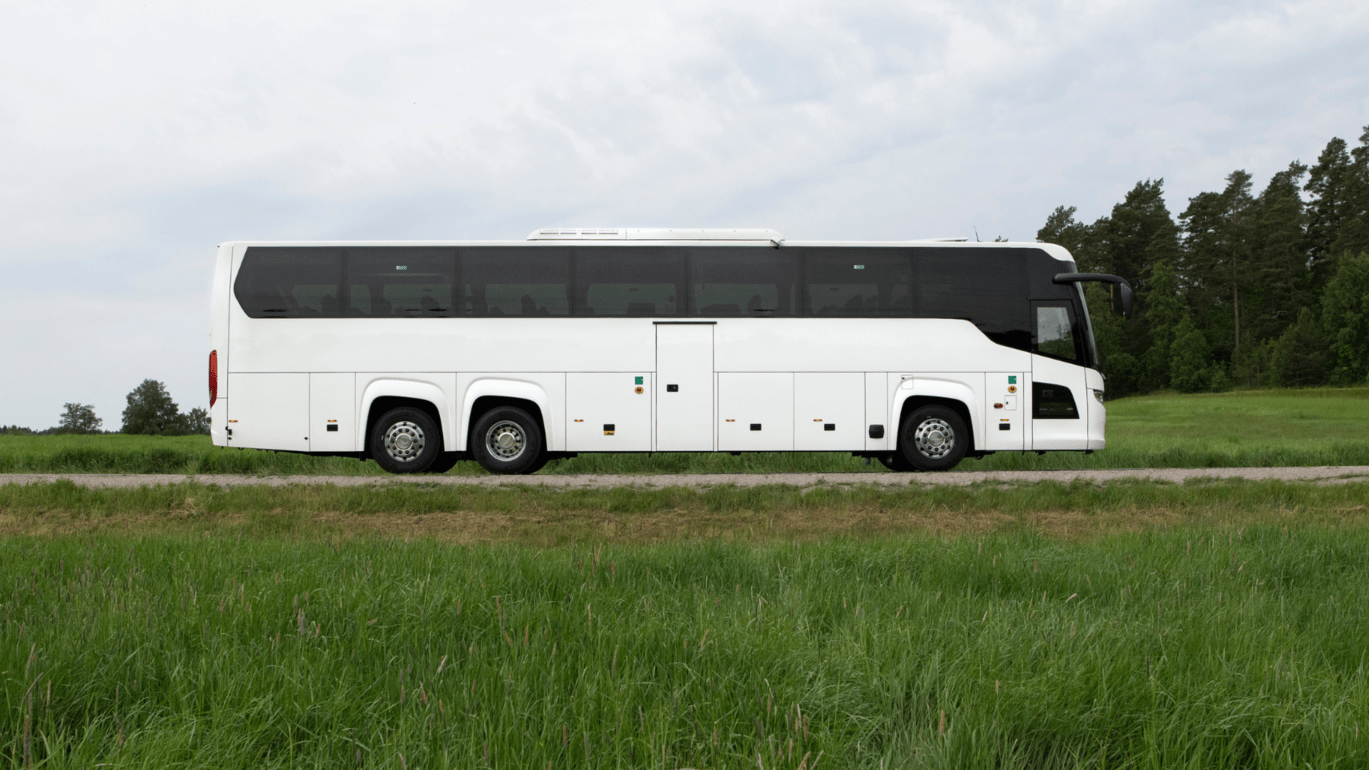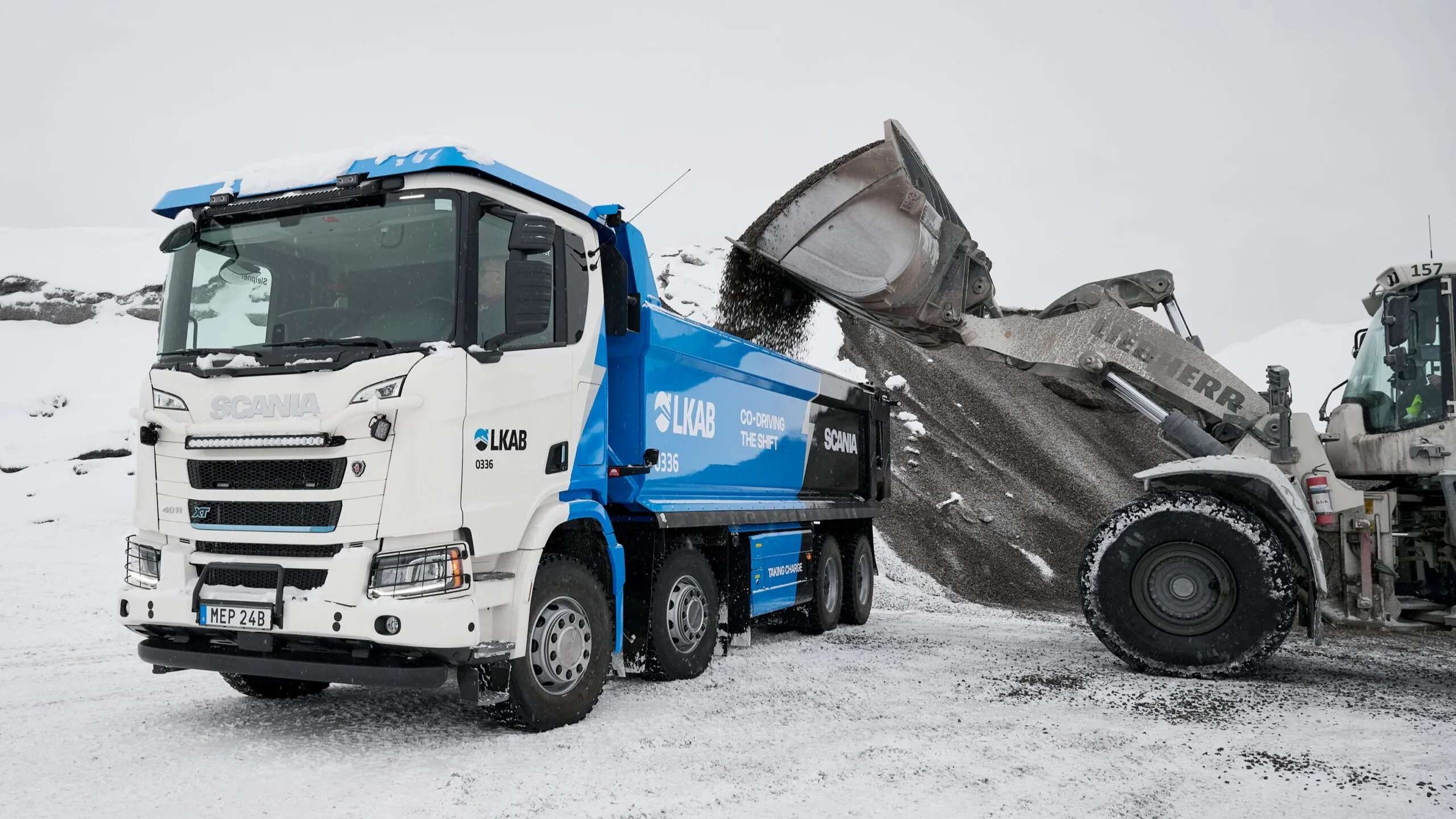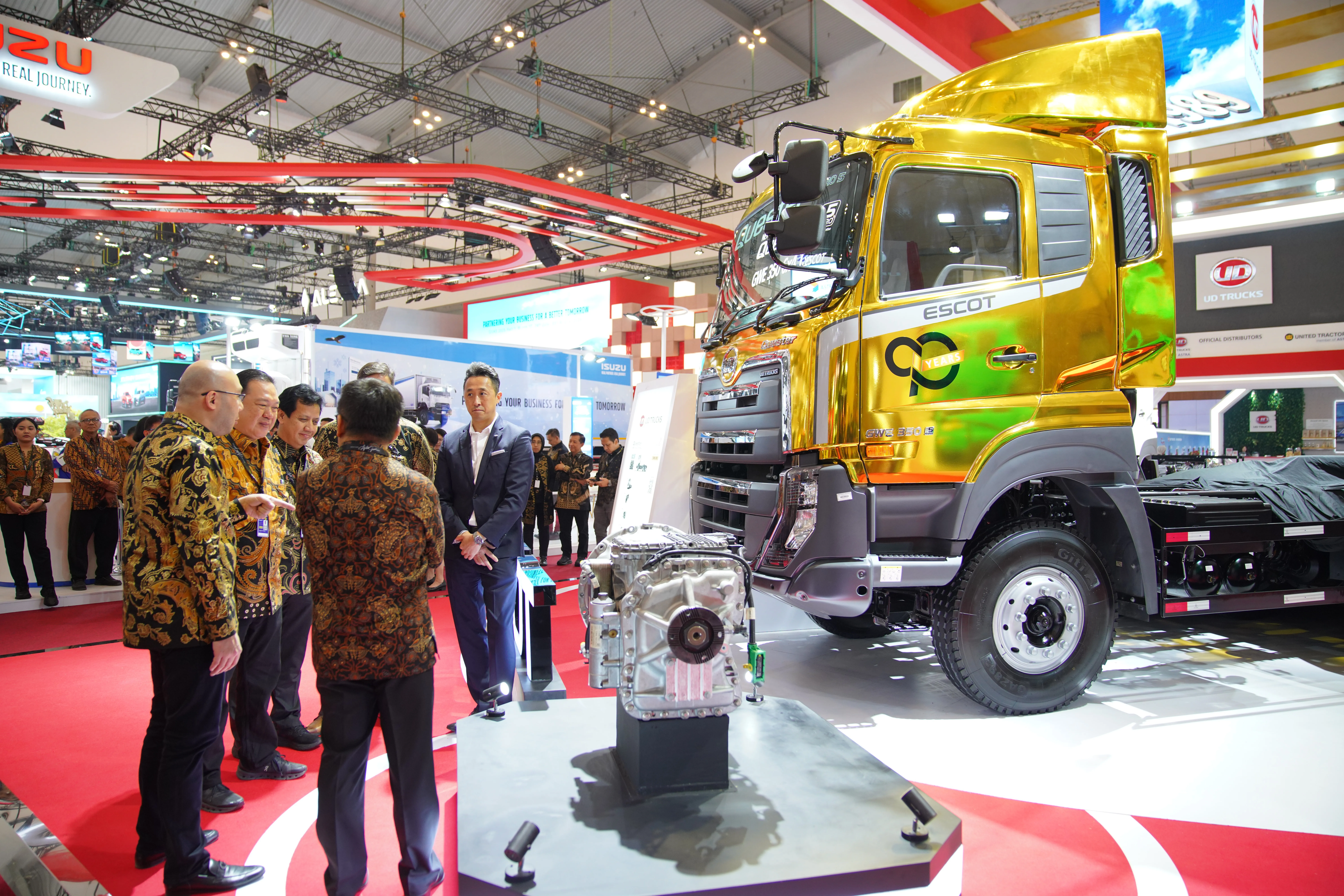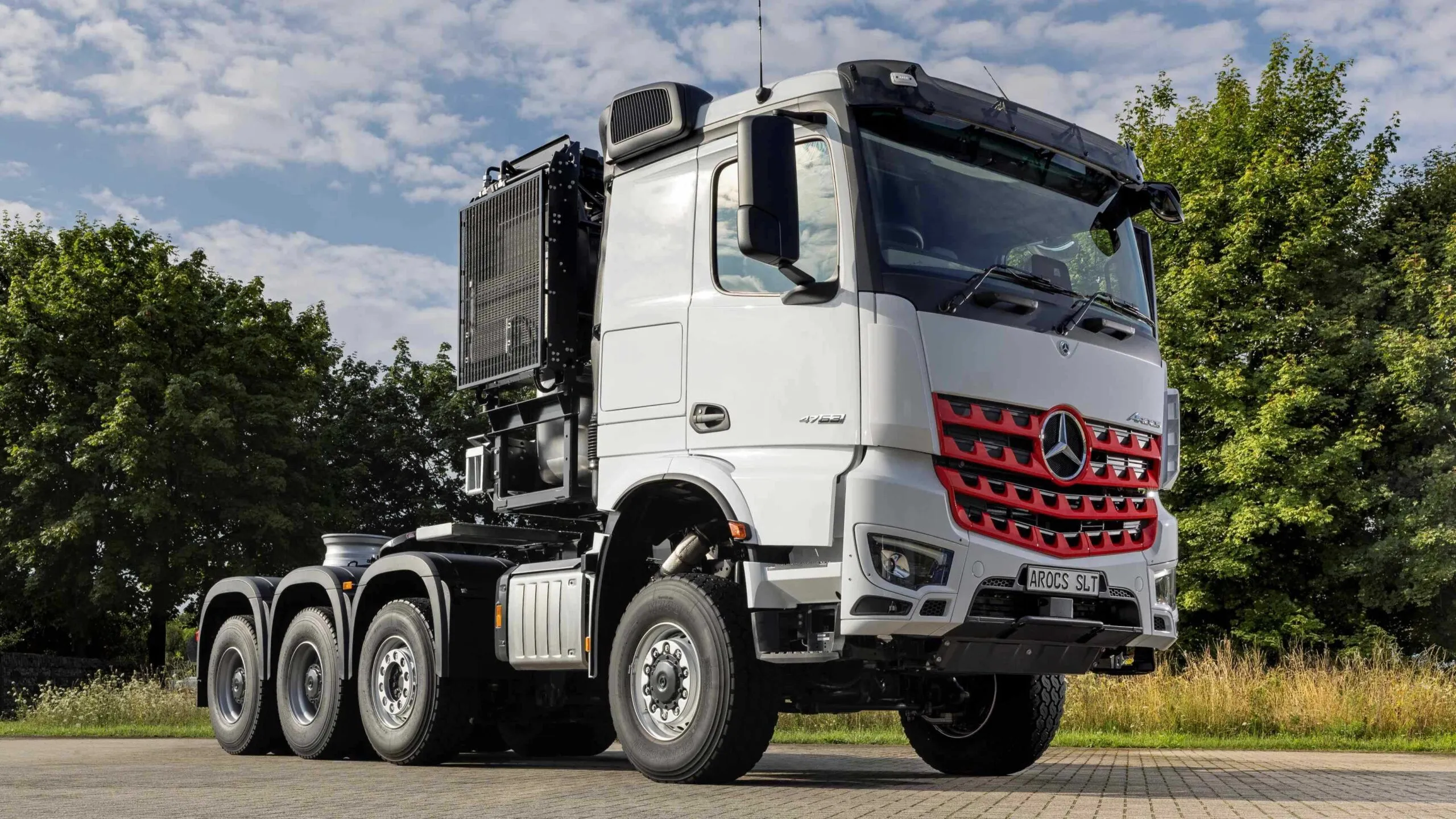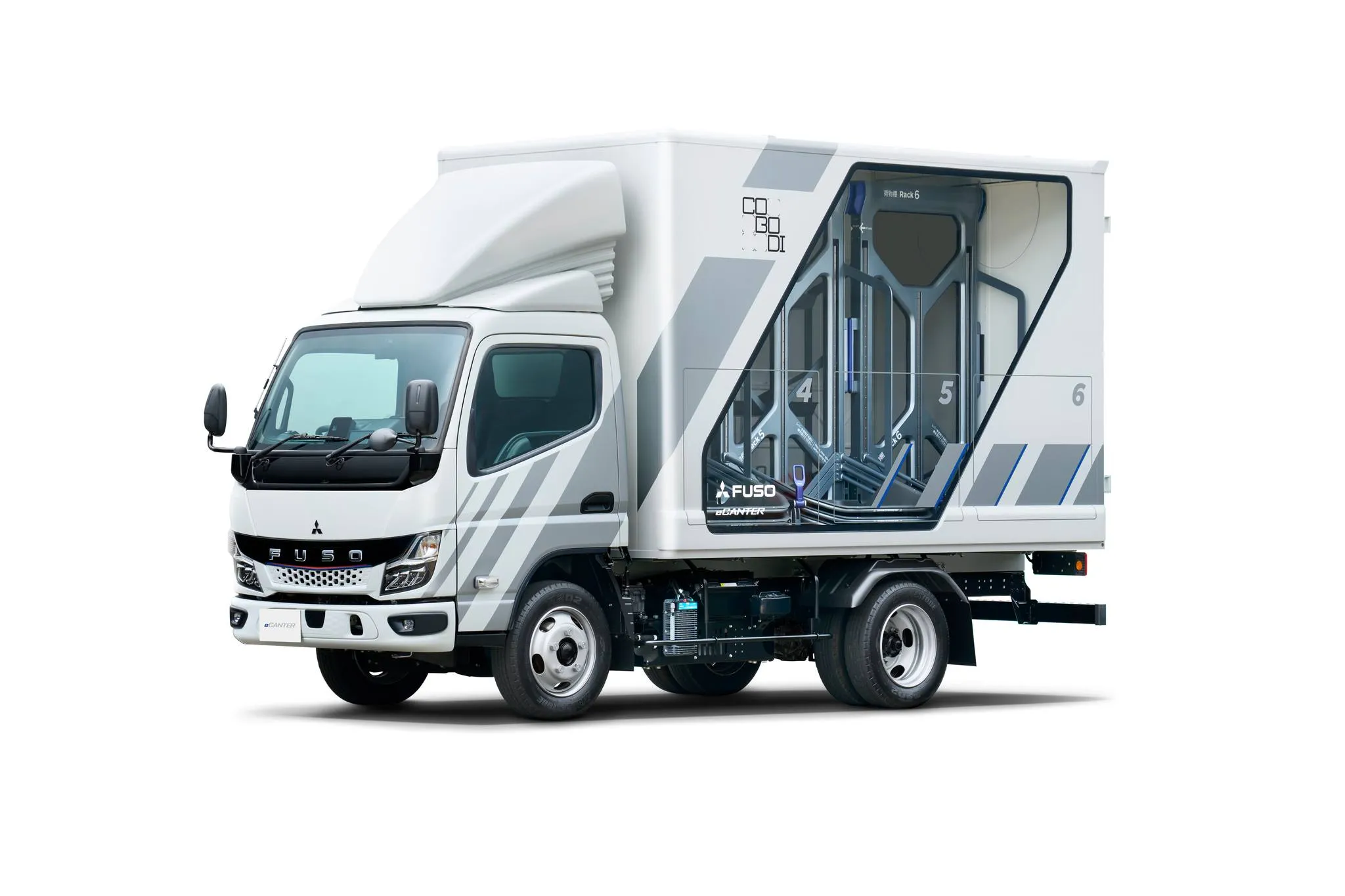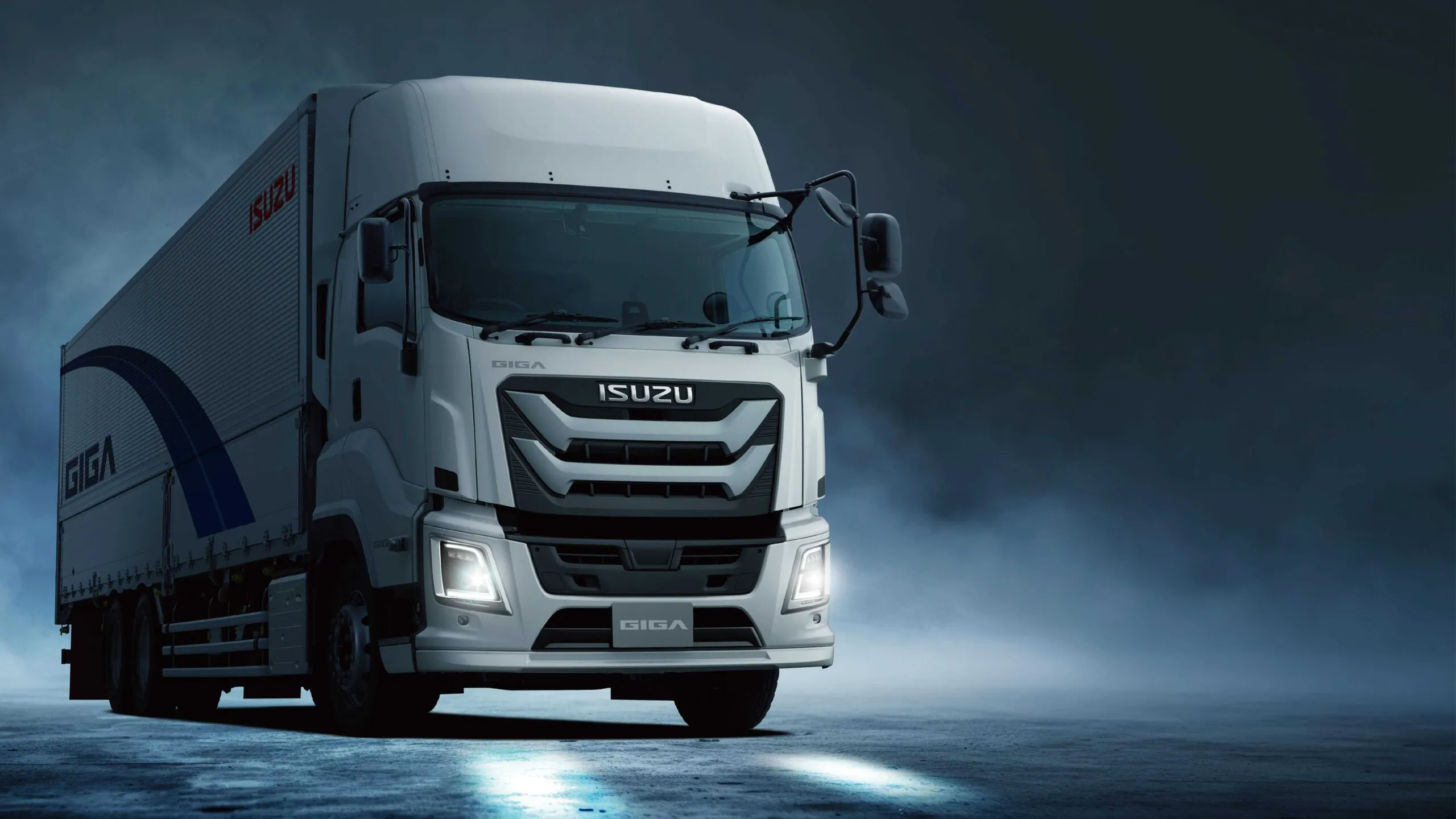Gas powertain in the Scania Touring can play a key role in decarbonising heavy duty transport, particularly in long-distance applications.
Gas Powertrain Offers Power and Range Equivalent to Diesel with Less Noise and Lower Operating Costs
Scania continues providing low-carbon powertrain options by adding an LBG/LNG variant of the Scania Touring. Able to run on both natural gas and biogas, or a mix of the two, it allows a smooth transition to biogas, creating a circular and economically viable solution for sustainable long-distance transport today.
Gas-driven buses and coaches provide a highly interesting option for many transport operators, facilitating sustainable development in a way that also takes into account economic aspects.
“The new LBG/LNG variant of the Scania Touring is an excellent option for express bus and long-distance operators that want to become more sustainable without a massive investment or negative impact on operations,” says Carl-Johan Lööf, Head of Product Management, People Transport Solutions at Scania.
The new variant comes with a 13-litre gas engine that provides 410 hp (302 kW) and 2000 Nm, and with an efficiency that allows users to lower their fuel costs. With the standard tank option, it also delivers a driving range of beyond 1,000 km.
“This product gives you power, torque, and range equivalent to that of a diesel powered bus or coach, while actually reducing noise levels and offering lower operating costs. If you add the sustainability benefits of using biogas, it is a truly outstanding solution,” Lööf explains.
Biogas has long been used in compressed form to power city- and suburban buses. In the past few years, technology developments have enabled the gas to be cooled down and transformed to energy-dense liquid – LBG/LNG – turning it into a more viable solution for heavy commercial vehicles operating long-distance routes.
“Biogas can play a key role in decarbonising heavy duty transport, particularly in long-distance applications. The infrastructure for fuel production and tank stations continues to expand, with huge investment taking place, not least in Europe,” says Jonas Strömberg, Sustainable Transport Business Manager at Scania.
Biogas is a fossil-free and renewable fuel that offers CO₂ emission reductions of up to 90 per cent compared to diesel from a well-to-wheel perspective, and it also provides other benefits for sustainable development. Through local fuel production, cities and municipalities can create local jobs and solve local waste problems while also increasing energy security and bringing carbon and nutrients back to the soil.
“These solutions are truly circular and I would say that our 13-litre gas powertrain is the most sustainable and viable option on the market for long-distance operators. It is better for the environment, quiet, smart, and perhaps most important, available here-and-now, allowing long-distance operators to take a huge step towards sustainable transport”, concludes Strömberg.
Scania has developed gas engines since the early 1900s. With the possibility of running on both natural gas and biogas, they are the perfect tool in the transition to the more sustainable biogas. Adding to the flexibility, the engines can also run on both liquefied gas and compressed gas. And since they do not require additives, Scania’s gas engines are not dependent on the availability of additives.
The new gas powertrain option for the Scania Touring adds to Scania´s current gas portfolio for the long-distance segment, which includes buses and coaches built with external bodybuilder partners, such as the Scania Beulas DD LBG/LNG as well as the Scania Irizar i6S Efficient LBG/LNG that was presented at Busworld last year.

